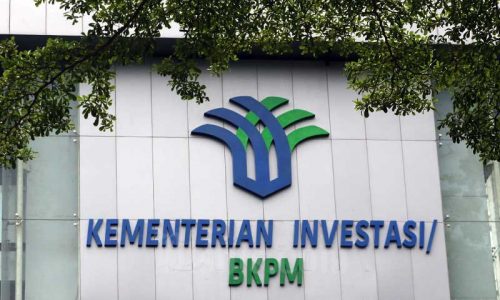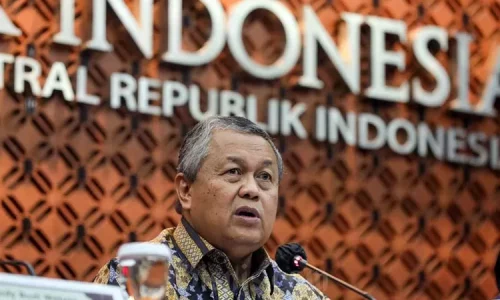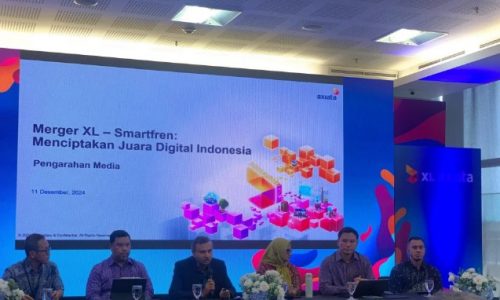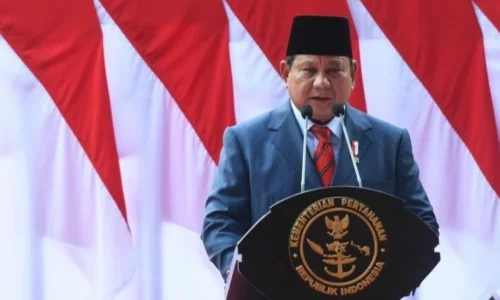Broom, an automotive startup that provides services for buying and selling used cars in Indonesia, has secured Series A+ funding of US$25 million to expedite digitization of traditional automotive sector.
The funding round includes an equity investment led by Openspace, followed by AC Ventures, Quona Capital, MUFG Innovation Partners, and PKSHA Capital. In addition, Broom also secured credit facilities from various institutions, including Komunal, Funding Societies Capital Pte Ltd, Modalku Finansial Indonesia, Alami, Koinworks, Helicap, and DBS Indonesia, as well as support from a number of high net worth individual investors.
“We are pleased to continue to support Broom in the process of digitizing the traditional automotive sector, by focusing on providing better financing solutions and other solutions that benefit dealers, who are the backbone of the industry. We believe that the Broom team has proven their ability to make this transformation happen,” Ayu Tanoesoedibjo, Executive Director of venture capital firm Indonesia at Openspace, said in a statement on Tuesday, October 1, 2024.
This new funding comes after Broom recorded tremendous business growth over the past year. The company’s main and new business lines have shown significant and record-breaking growth in just the first half of 2024. Indonesia’s automotive industry, one of the largest in Southeast Asia, presents a huge opportunity, especially in supporting traditional dealers as they adapt to digital transformation. With this investment, Broom plans to accelerate market expansion, continue strategic partnerships, and build the best team to drive sustainable success.
Pandu Adi Laras, CEO of Broom said, the funding was evidence of investors’ belief in Broom’s mission to bring real change to the automotive industry in response to challenges, such as outdated financing options and lack of digital integration, which hinders both dealers and consumers.
“By providing comprehensive solutions, including more innovative and inclusive financing for dealers across Indonesia, we aim to transform the industry and drive sustainable growth,” Pandu said.
Broom’s success is reflected in its impressive growth figures. In the first half of 2024, the company’s disbursement of funds from Buyback − a product designed for automotive dealers to temporarily sell their vehicle stock to raise working capital − nearly doubled compared to the same period last year, with an increase of 144.9 percent, reaching a record Rp1.1 trillion (US$72.5 million).
This has supported more than 7,000 SME automotive dealers in growing their business. In addition, Broom Leasing Channeling (BLC), a new service launched in the fourth quarter (Q4) of 2023, has generated 2,300 transactions with total revenue of over USD 17 million and achieved a market share of 25 percent in the first half of 2024.
“Amidst a challenging funding sector, where even in Asia data shows that financing is at its lowest level since 2015, Broom’s success in securing funding further confirms our position on a strong growth path,” Pandu said.
With the total investment to date, Broom is in a strong position to execute its ambitious growth plans. In the second half of 2024, the company will focus on expanding operations to Western and Eastern Indonesia, collaborating with 23 multifinance companies to streamline transaction processes through API integration, and strengthening organizational capabilities through retention and recruitment of top talent.
“Broom’s innovative approach to automotive financing has not only changed the conventional industry but has also increased value for our partners and customers, with faster, easier and more efficient solutions,” Pandu concluded.










